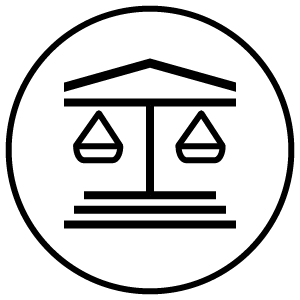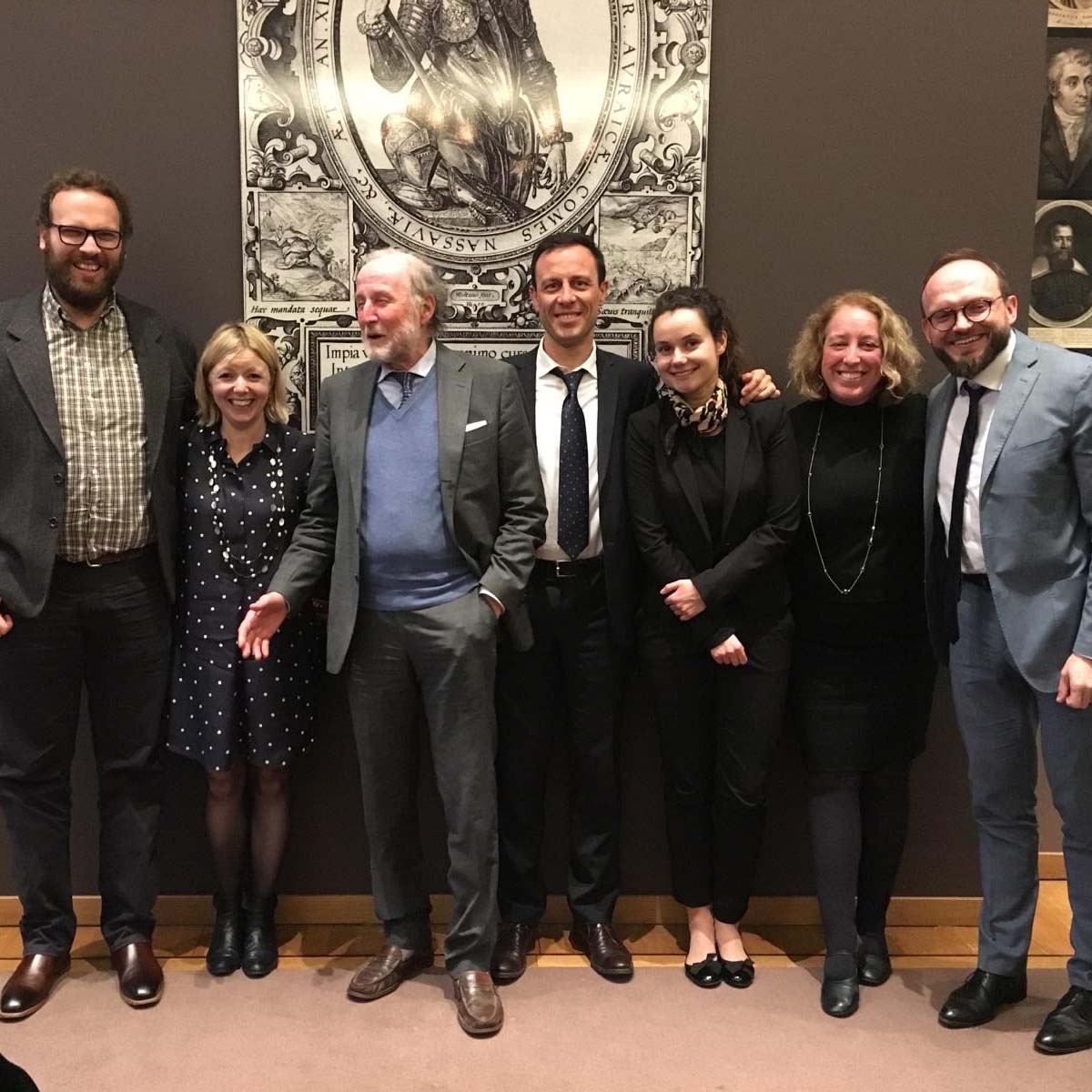© Amy Strecker
It was with deep sorrow that we learned of the death of our dear friend, mentor and UNESCO Chair collaborator Professor Francesco Francioni on 2 February 2024.
We have all benefitted over decades from Professor Francioni’s tireless and incisive advocacy, progressive and deep scholarship, and generous, patient and ever-encouraging teaching and mentorship.
Upon completion of his law studies at the University of Florence in 1966 and Master of Law at Harvard University in 1968, Professor Francioni intended to pursue a diplomatic career. Although he forged a distinguished career in academia, this motivation to serve defined his contribution to shaping international law responses to human rights, the environment, and cultural heritage.
Professor Francioni was a legal advisor to successive Italian delegations to UNESCO, UNIDROIT, and the Antarctic Treaty diplomatic conferences. He guided the drafting of the Second Protocol to the 1954 Hague Convention, Declaration on Intentional Destruction and the Intangible Cultural Heritage Convention; and 1995 UNIDROIT Convention. His tenure as Chair of the World Heritage Committee (1997-1998) saw the introduction of ground-breaking reforms to the operation of the Convention. His 1998 report on the impact of a proposed expansion of a uranium mine on the World Heritage listed, Kakadu National Park emphasize the obligation to protect the rights of Indigenous peoples to self-determination, land and culture.
His commitment to the progressive and humane development of international law informed his work to the last as an associate member of the Institut de droit international, as legal expert in the Crimean Treasures litigation before the Dutch courts, and as juge ad hoc in the Enrica Lexie ITLOS arbitration.
Professor Francioni’s contributions to the scholarly development of human rights law, environmental law, and international cultural heritage law were similarly pioneering and insightful. His 1995 lectures on ‘La conservation et la gestion des ressources de l’Antarctique’ delivered at the Hague Academy of International Law serves as reminder of the fil rouge of his work – the common good of humanity. His The 1972 World Heritage Convention: A Commentary (OUP 2008, 2e 2023) with Federico Lenzerini, inspired the multi-volume Oxford Commentaries on International Cultural Heritage Law. While his Enforcing International Cultural Heritage Law (OUP 2013) with James Gordley, was the first volume in the Oxford book series, Cultural Heritage Law and Policy (2013-). He served as General Editor of both series. He was editor of the Oxford Handbook on International Cultural Heritage Law (OUP 2020) and Cultural Human Rights (Nijhoff 2008). His contribution to the progressive development of these branches of international law extended to his editorship of the Italian Yearbook of International Law and editorial board membership of the European Journal of International Law.
Perhaps Professor Francioni’s longest lasting legacy will be his role as teacher over many decades and most continents – from his longstanding positions as Professor at the University of Siena, European University Institute, and LUISS University of Rome, to the numerous visiting professorships. He taught and mentored generations of scholars who are making their own contribution to international law, human rights, and the protection of natural and cultural heritage.
Rare is the advocate, scholar, and teacher whose ripples stretch from halls of the International Court of Justice to law schools and legal practices in every corner of the globe. Professor Francioni – ever humble, gracious, and generous – was such a person.


